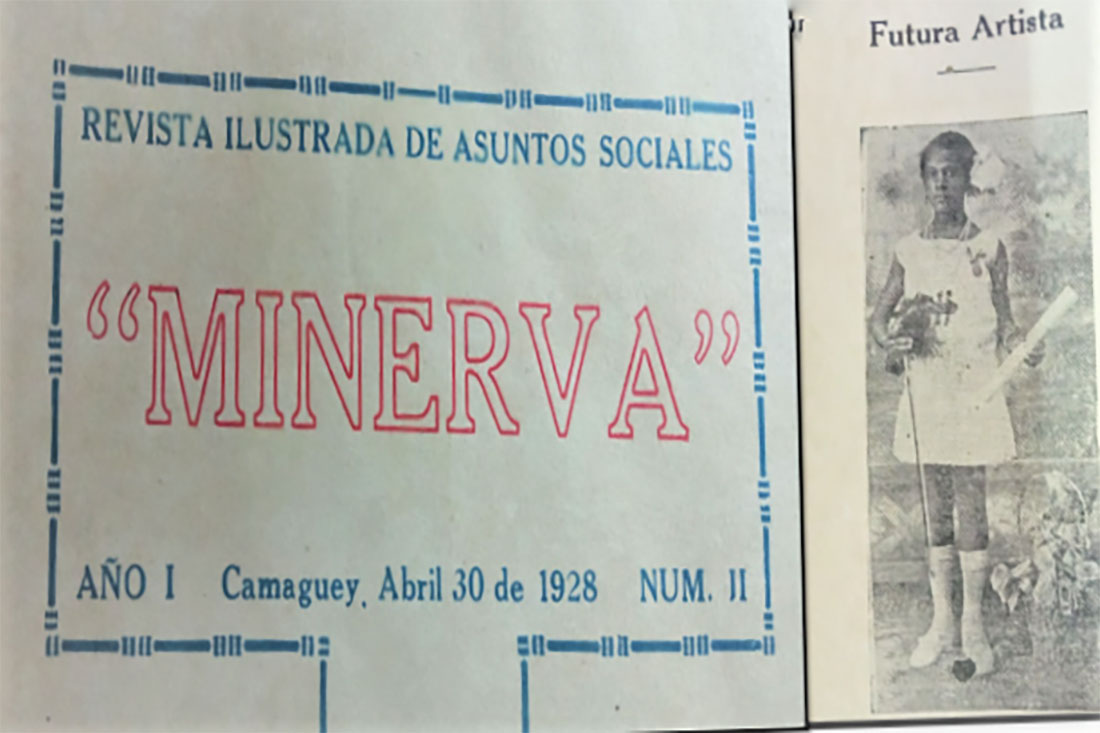The Minerva magazine, founded on April 14th, 1928 by the journalist Serapio Páez Zamora, was an ideal platform where José del Pilar Páez Silva, Veteran of the War of Independence, raised his voice to publicly denounce the Cuban Ku Klux Klan Order, established in the Registry of associations of the province of Camagüey.
Paez Silva noted:
“When the new institution called the Order of the Cuban Ku Klux Klan was created, several elements of our conglomerate came to be impressed by the belief that this society brought with it all the Machiavellianisms that characterize those of the United States and that also degrade it. ”
With this article, the open and organized racism in the city is alerted, the author urged to investigate its real purposes and incriminates it as vile as its North American counterpart and calls for the use of constitutional rights. Actually, what Páez does is an accusation of the social structure that allowed its establishment.
The president of the country dissolved the Ku Klux Klan in Camagüey
The scope of this association was such that in that same year, 1928, the president of the country at that time ꟷGerardo Machadoꟷ closed it. The news transcended other media and in the newspaper El Camagüeyano, on Tuesday, October 2nd, 192, on the front page, the headline stands out: “THE CAMAGÜEYANO KU KLUX KLAN WAS DISSOLVED LAST NIGHT.”
Transcendence
The Minerva magazine, founded by Serapio Páez Zamora in 1928, had a critical approach to the local context, standing out for giving a voice to the excluded. In its numbers, the female pen was distinguished by the variety of genres developed: poetry, social chronicle, essays, proclamations, as well as in the work of editors and correspondents. Teachers, Veterans of the War of Independence, social leaders, and fixed sections that gave semblances of patriots beyond generals and captains were made visible. The soldiers, second lieutenants, corporals… who gave their lives in the service of the country also received their appointment with the opportune praise.
Bibliography
Revista Minerva (1928-1929) Revista quincenal e ilustrada de asuntos sociales.
Translated by: Aileen Álvarez García






